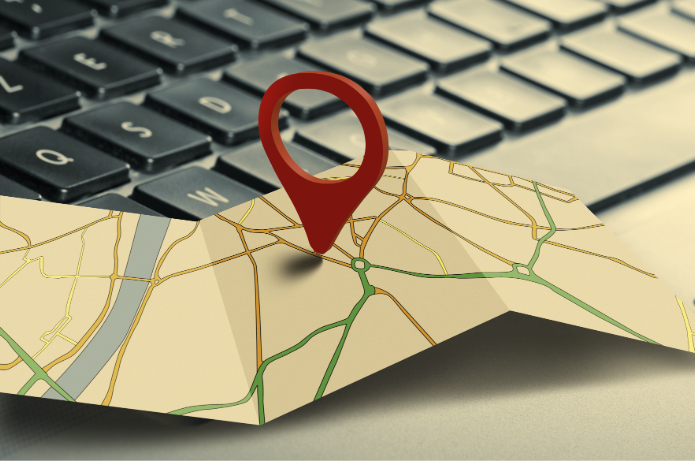Business travel is a practice valued by 91% of Brazilian professionals, according to the “Corporate Traveler Profile,” a recent survey by Onfly, the largest B2B travel tech in Latin America, conducted in partnership with Opinion Box. The study, which was created to help companies better organize their travel management, improve employee experience, and optimize travel policies more strategically and based on data, surveyed 1,021 professionals across the country.
The data shows that 64% of corporate travelers have been with their current companies for over five years, and 55% hold leadership positions. The study also reveals that the main reasons for corporate trips are training and development (47%), events and trade fairs (45%), and field visits (32%).
Regarding travel frequency, 15% of professionals reported traveling once a year, 22% once every six months, and 28% travel once every three months.
Industries with the most business travel
The survey also highlights the sectors that engage in the most corporate travel: service organizations lead this list at 16%, followed by other sectors, at 15%. Healthcare ranks third at 11%, and technology comes in fourth at 10%.
However, 53% of business travelers said their companies do not have a dedicated department responsible for organizing trips. “This result shows how companies in Brazil can still innovate when it comes to their employees’ corporate travel experience, aiming to simplify the lives of business travelers, ensure greater transparency for managers, and save money by the end of the month,” comments Marcelo Linhares, CEO and co-founder of Onfly.
Travel expenses
The main expenses associated with these trips are for food (87%), lodging (79%), and local transportation (60%).
Travel policies
The Onfly survey indicates that 89% of corporate travelers are clear about their company’s travel policies, accessing guidelines mainly through online documents (49%), meetings with responsible departments (27%), or via platforms (27%). Marcelo Linhares notes that, with transparent travel policies, business travelers have all the necessary tools to manage their trips autonomously. “As the data shows, if most people have this clarity about travel, booking such commitments wouldn’t need to be handled by third parties. They could manage it freely, according to their own preferences,” he assesses.
The study also provides data on payment methods used for corporate travel: 37% of professionals said they pay via corporate card, while 35% still cover travel expenses out of pocket and later get reimbursed. Regarding expense reporting, 39% of respondents said this process is automated, while 32% still need to do it via paper documents.
“Technology is an essential tool for all sectors today, but unfortunately, we still see companies with archaic processes for reimbursing corporate travel expenses, where employees must keep receipts and submit them upon return to get reimbursed—often waiting days, weeks, or even months for the money to arrive in their accounts,” says Linhares, who adds that this company habit harms both the employee, who must cover costs and may face personal financial difficulties, and the company’s management, which loses visibility and faces higher risks of fraud and reconciliation issues.
Life on the road
Being away from home during business trips directly impacts professionals’ daily lives: 60% of surveyed travelers reported that exercise routines are the most affected, while 57% cited changes in personal time, and another 57% admitted struggling to maintain a balanced diet. These challenges are felt even more by women, who report higher rates than men in these aspects, with a notable difference in exercise: 64% versus 57%.
Travelers’ preferences
When it comes to preferred customer service channels for resolving business travel issues, WhatsApp is the most used (65%), followed by email (60%). This reinforces the need for quick and accessible channels to address demands during trips.
Regarding check-in preferences, 44% of travelers opt for online check-in, while 20% prefer counter check-in and 16% choose self-service.
The CEO of Onfly believes that the survey results highlight opportunities companies have to improve employee well-being, helping travel managers organize this demand more strategically. “Corporate travelers increasingly seek flexibility and convenience in their journeys. Providing solutions that meet these demands is essential for companies that want to value their professionals, optimize travel results, and strictly follow their policies and compliance,” he states.


